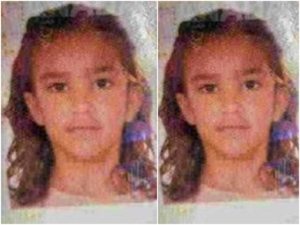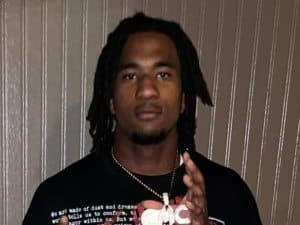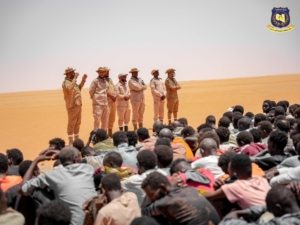Congo’s government and the Rwanda-backed M23 rebel group signed a declaration of principles on Saturday in Qatar, a move marking a tentative step toward ending one of Africa’s most enduring conflicts. The agreement sets the groundwork for a broader peace deal, with both sides pledging to reestablish state control in the volatile eastern regions and take confidence-building actions such as prisoner exchanges.
Qatar’s minister of state, Mohammed bin Abdulaziz bin Saleh Al-Khulaifi, who facilitated the dialogue, said the parties had agreed to “building trust” through measures aimed at restoring government authority across rebel-held territories.
Yet key points remain contentious, chief among them the question of whether M23 fighters will withdraw from the cities they currently occupy. The language of the declaration left room for differing interpretations.
Bertrand Bisimwa, a senior M23 figure, wrote on X that the agreement is “not a question of withdrawal but of mechanisms for empowering the state, enabling it to assume its prerogatives and obligations.” Echoing that stance, M23 spokesman Lawrence Kanyuka told The Associated Press: “We are in Goma with the population and we are not going to get out.”
By contrast, Congolese government spokesman Patrick Muyaya insisted that the agreement affirms “the non-negotiable withdrawal” of rebels from occupied areas, paving the way for the return of national institutions and security forces.
Saturday’s declaration marks the first public commitment between the parties since M23 launched a major offensive earlier this year, capturing key towns in eastern Congo. A final agreement is expected by August 18 and will align with a U.S.-mediated peace accord between Congo and Rwanda signed in June.
The M23 rebels, bolstered by support from neighboring Rwanda, are one of more than 100 armed groups vying for control of eastern Congo, a region rich in minerals but plagued by instability. The United Nations has described the humanitarian situation in Congo as “one of the most protracted, complex, serious humanitarian crises on Earth,” with over 7 million people displaced.
Watch a recent episode of The BreakDown podcast below and subscribe to our channel PanaGenius TV for latest episodes.
Central to the rebel demands is the release of M23 members currently held by Congolese authorities, many of whom face death sentences. In turn, Kinshasa is pushing for a full rebel withdrawal from captured territory.
Qatar’s minister noted, “The Declaration of Principles signed today paves the way for direct negotiations towards a comprehensive peace that addresses the deep-rooted causes of the conflict.”
The signing has been welcomed by international actors. Rwanda’s Foreign Affairs Ministry hailed it as “a significant step forward,” while the U.S. State Department reaffirmed its commitment to a peace that includes “the restoration of (Congolese) authority and inclusive governance.”
However, skepticism remains among residents of Goma, the city at the heart of the fighting. Many voiced concerns that the agreement fails to address justice for victims of the decadeslong war.
“We cannot build peace without justice and reparation,” said Goma resident Amani Muisa.
The declaration also incorporates provisions from the June 27 Congo-Rwanda peace deal, including commitments to the protection of civilians and the safe return of millions displaced by the fighting.
Massad Boulos, a senior adviser to U.S. President Donald Trump and a participant in the Qatar talks, stressed that peace must be backed by the restoration of state authority. “It is time to find a final solution,” he said, calling for continued diplomacy and resolve. “The issue requires dialogue, and following up on this dialogue and requires persistence.”
Whether Rwanda will end its military support for the M23 rebels also remains unresolved. U.N. experts say thousands of Rwandan troops are currently in eastern Congo. Rwandan Foreign Minister Olivier Nduhungirehe indicated that Kigali would lift its “defensive measures”, interpreted as a potential troop withdrawal, only after Congo neutralizes an armed group Kigali blames for the 1994 genocide in Rwanda.
Analysts warn that securing rebel withdrawals from major cities like Goma and Bukavu will require difficult concessions from Congo’s government. Many observers also caution that without addressing wartime atrocities and long-term justice, any peace may prove short-lived.










